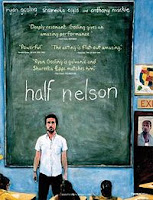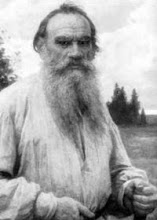Howard
Zinn, author of numerous works including
A People's History of the United States and
Voices of A People's History of the United States, died Wednesday, January 27 2010. He is remembered mainly for his monumentally influential and important counter history of the United States, which focused on the lives of ordinary Americans, minorities, women, and misfits who are generally excluded and marginalized in American History textbooks, discussions and coursework.
For our coursework we are using
Voices of A People's History of the United States, which is a superb compilation of essential primary sources that detail the experiences of the people
Zinn's career was based upon. Perhaps what made Howard
Zinn so controversial was that he was an avid proponent of the idea that what students
do with history is as important as what they
know about history.
Zinn also openly acknowledged and displayed his own ideological perspectives in ways that were unsettling to some.
Here are some of my favorite quotes by him (and perhaps some of his most provocative):
"There is no flag large enough to cover the shame of killing innocent people for a purpose which is unattainable."
"If patriotism in the best sense (not in the monarchical sense) is loyalty to the principles of democracy, then who was the true patriot, Theodore Roosevelt, who applauded a massacre of 600 Filipino men, women, and children on a remote Philippines island or Mark Twain who denounced it."
"My viewpoint, in telling the history of the United States, is different: that we must not accept the memory of states as our own. Nations are not communities and never have been. The history of any country, presented as the history of a family, conceals fierce conflicts of interest (sometimes exploding, most often repressed) between conquerors and conquered, masters and slaves, capitalists and workers,
dominators and dominated in race and sex. And in such a world of conflict, a world of victims and
executioners, it is the job of thinking people, as Albert Camus suggested,
not to be on
the side of the
executioner."
Democracy Now! recently broadcasted a segment on Howard Zinn, in which his colleagues and friends remember his life and contributions to the various movements in which he took part. You can watch, listen to, or read the transcript of the special
here.
Please do some research on the web and find two links that deal with Howard Zinn's work. Find one source that is critical of Zinn and one that is supportive. Post your links along with your analysis in a comment to this post. First come, first serve; make sure that you don't post links that someone else has posted.

